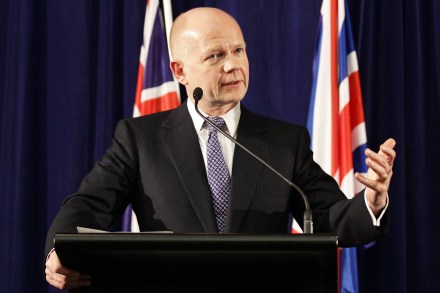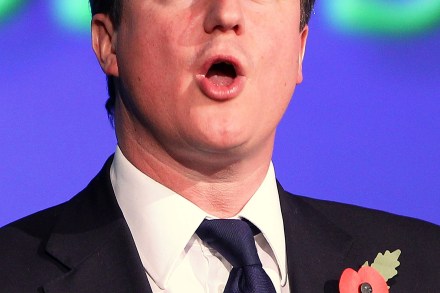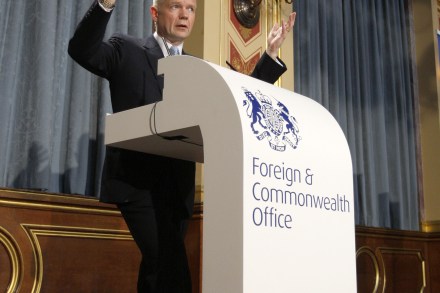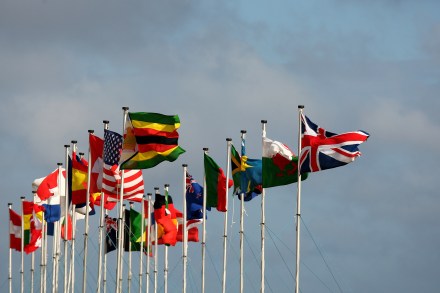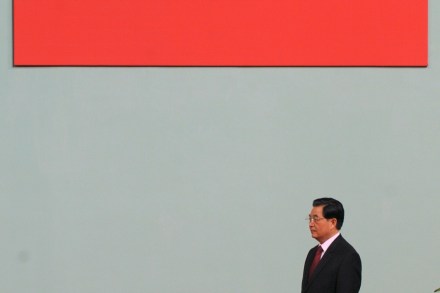More woe for the FCO
The Japanese tsunami is exposing the shortcomings of the Foreign Office. Embarrassingly, a team of British rescuers has been thwarted because the British embassay in Tokyo failed to process the right paperwork – so they are now flying back home. The words of Willie McMartin, head of the Grangemouth-based outfit, speak best for themselves: ‘The team has had excellent help from the Japanese embassy in London and the authorities in Tokyo but it broke down when they couldn’t get the relevant paperwork from the British embassy in Tokyo. This was the 32nd world disaster we have been to and we’ve only had problems twice before with host governments in China






